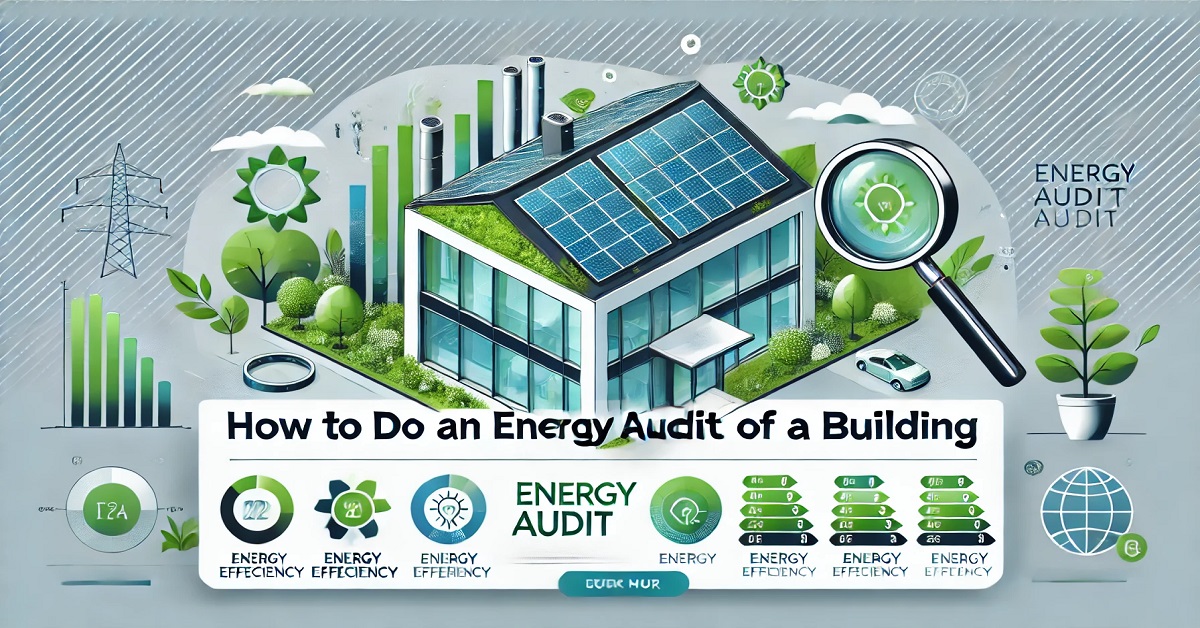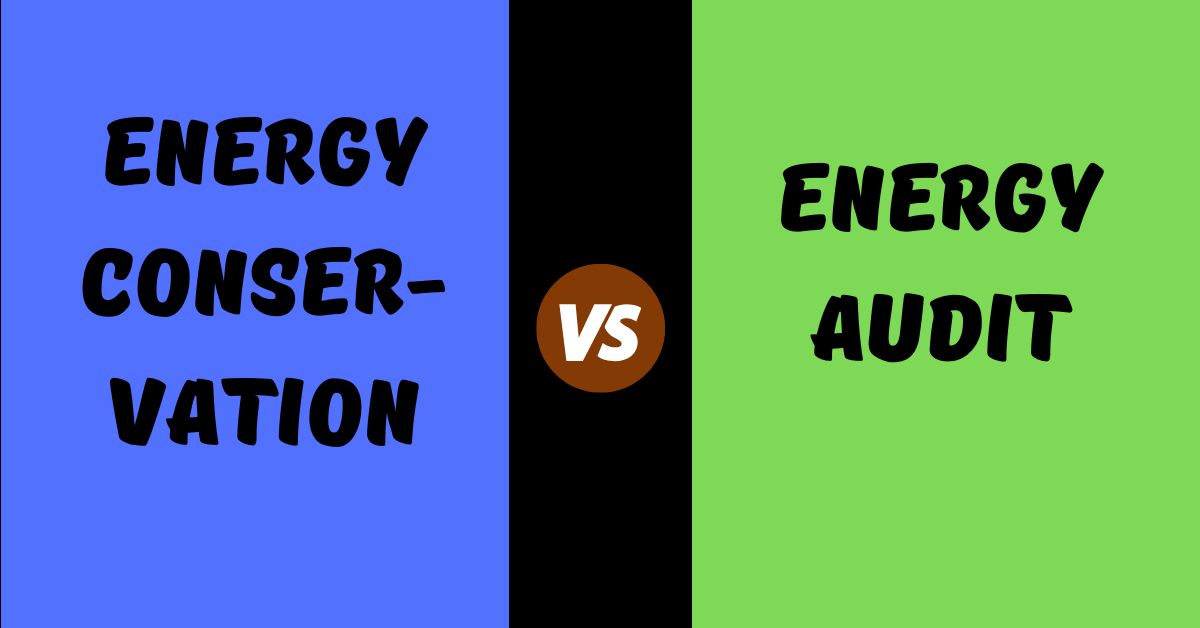
An energy audit is a systematic process of assessing how energy is consumed within a building, facility, or industrial operation. It aims to identify areas where energy efficiency can be improved, leading to cost savings, enhanced performance, and environmental benefits. Energy audits are conducted by professionals who analyze energy flows, equipment efficiency, and operational practices to recommend measures for energy conservation. Here we know the Advantages of Energy Audit
With the rising demand for sustainable practices and cost-effective energy usage, organizations and homeowners alike are increasingly recognizing the importance of energy audits. This article explores the various advantages of conducting an energy audit and how it contributes to overall energy management.
1. Cost Savings
One of the most significant benefits of an energy audit is its potential to reduce energy costs. By identifying inefficient energy usage and recommending improvements, an audit helps businesses and homeowners lower their utility bills. Common findings from an energy audit may include suggestions to upgrade outdated equipment, install energy-efficient lighting, or enhance insulation, all of which contribute to lower energy consumption and reduced expenses.
2. Enhanced Energy Efficiency
Energy audits provide a roadmap for improving energy efficiency within a facility. They help identify inefficiencies such as energy leaks, outdated appliances, or suboptimal operational practices. By implementing the recommendations from an energy audit, organizations can optimize energy use and reduce wastage. This leads to a more efficient and productive operation, whether in an industrial setting, commercial building, or residential property.
3. Environmental Benefits
Reducing energy consumption directly contributes to lower greenhouse gas emissions, helping to combat climate change. Energy audits help organizations and individuals identify ways to decrease their carbon footprint by optimizing energy use and switching to cleaner energy sources. By adopting energy-efficient practices, businesses contribute to sustainability goals and demonstrate corporate social responsibility.
4. Improved Equipment Performance and Longevity
Many energy audits reveal issues related to inefficient or malfunctioning equipment. Regular maintenance and timely upgrades can prevent excessive wear and tear, ensuring that equipment runs at optimal performance levels. This not only enhances productivity but also extends the lifespan of machinery, reducing the frequency of replacements and associated costs.
5. Regulatory Compliance and Incentives
In many regions, governments and regulatory bodies enforce energy efficiency standards and environmental regulations. An energy audit helps organizations stay compliant with these regulations, avoiding potential fines and penalties. Additionally, many governments offer incentives, rebates, or tax benefits to businesses that implement energy-efficient solutions, making an energy audit a valuable investment.
6. Better Indoor Comfort and Air Quality
Energy audits assess heating, ventilation, and air conditioning (HVAC) systems to ensure optimal performance. Improved insulation, better ventilation, and energy-efficient climate control systems result in a more comfortable indoor environment. Additionally, audits may identify areas where air leaks or poor ventilation contribute to poor indoor air quality, leading to healthier living and working conditions.
7. Increased Property Value
For homeowners and commercial property owners, improving energy efficiency can enhance property value. Energy-efficient buildings are more attractive to buyers and tenants, as they offer lower utility costs and a smaller environmental footprint. Energy audits provide a clear assessment of a property’s energy performance, helping property owners make informed decisions on upgrades that add long-term value.
8. Data-Driven Decision Making
Energy audits provide detailed data and analytics regarding energy consumption patterns. This information helps businesses and facility managers make informed decisions about energy management strategies. By leveraging energy data, organizations can track progress over time, measure the impact of energy-saving initiatives, and adjust their strategies accordingly for continuous improvement.
9. Risk Mitigation and Reliability
Energy audits help identify risks associated with inefficient energy use, such as overloading electrical systems, overheating equipment, or reliance on outdated technologies. By addressing these risks, businesses can improve operational reliability, prevent unexpected breakdowns, and enhance overall workplace safety.
10. Supports Corporate Sustainability Goals
Many businesses are setting sustainability goals to align with global environmental initiatives. Conducting an energy audit is a crucial step toward achieving these goals. By reducing energy consumption and adopting greener alternatives, organizations can demonstrate their commitment to sustainability, enhance their brand reputation, and attract environmentally-conscious investors and customers.
Conclusion
An energy audit is a powerful tool that provides numerous advantages, from cost savings and improved efficiency to environmental protection and regulatory compliance. Whether for a home, business, or industrial facility, an energy audit helps identify areas for improvement, leading to long-term financial and operational benefits. As the world moves toward more sustainable practices, energy audits play a crucial role in promoting responsible energy use and fostering a greener future.
continue reading
Related Posts
Energy management plays an integrated role in sustainable energy and […]
An energy audit is a structured methodology that analyzes the […]



